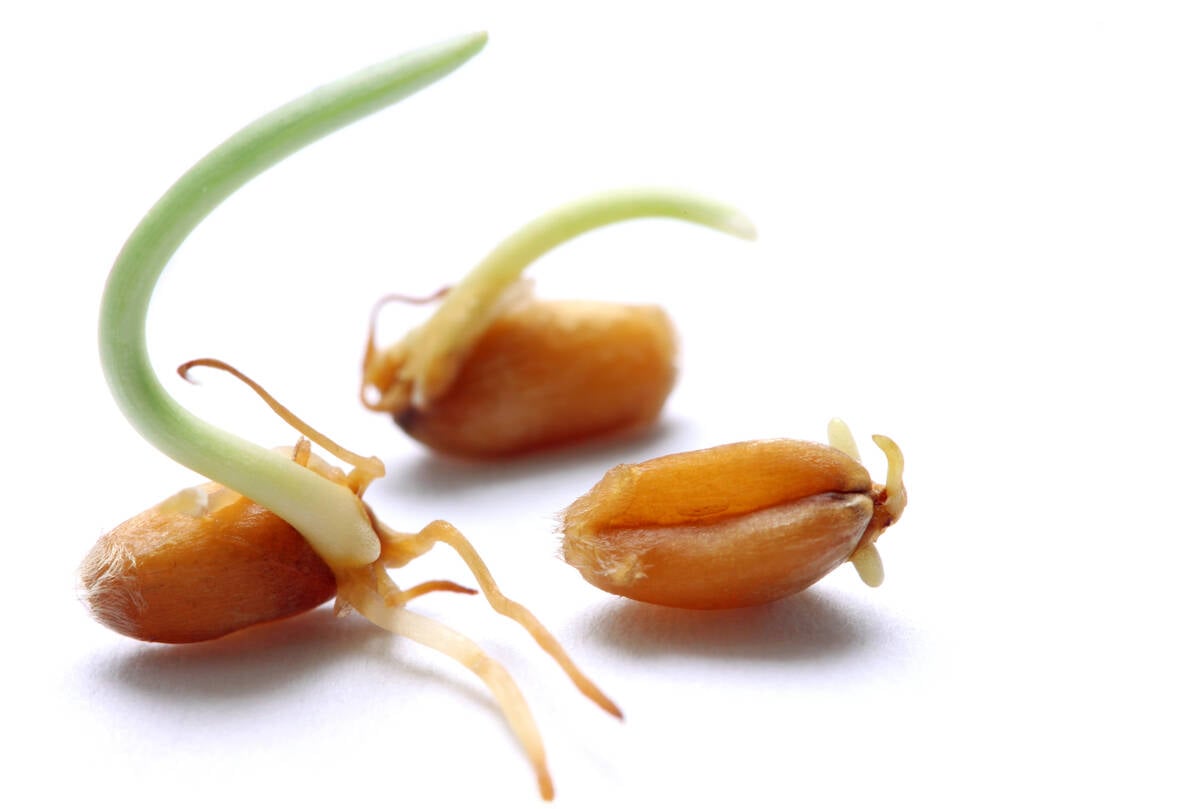Canada suffers Chinese wrath after detaining Huawei executive at U.S. request, including a refusal to buy canola
The Canadian ambassador to the United States says he has asked the U.S. for help with the diplomatic spat between China and Canada, but it appears the U.S. doesn’t want to get involved.
“We’ve heard so many times, ‘thank you very much for what you’re doing, is there anything we can do to help?’ and my answer has been very clear as to what they can do to help and the answer is ‘oh, OK, we’ll get back to you,’ ” said David MacNaughton.
Read Also

Manitoba farmers fight sprouted wheat after rain
Rain in mid-September has led to wheat sprouting problems in some Manitoba farm fields.
“We do expect the United States, in that we are such a strong ally of yours, we do expect you to be a strong ally of ours, particularly when the actions that are being taken against us are in retribution for things we did at your behest.”
Speaking to members of North American Agricultural Journalists during the group’s annual meeting in Washington, D.C., MacNaughton said he couldn’t comment on how the U.S. could help because the subject is too sensitive.
“They know exactly what they could do to help,” he said.
China has detained two Canadians, condemned another to death and is no longer importing canola in retaliation for the detention of Huawei executive Meng Wanzhou by Canadian officials on behalf of the U.S.
MacNaughton said the U.S. should be doing more to help Canada deal with China.
“I don’t think it’s unreasonable for us to expect the United States to deal with that situation the same way as if there were two of your citizens being detained in China,” he said.
When Canada negotiated the new North American trade deal with the U.S., it agreed to a provision the U.S tabled that enabled two of the signing countries to kick the third country out of the deal if they negotiated a free trade agreement with a “non-market economy,” meaning China.
MacNaughton said some Canadians thought this provision was an impingement of Canada’s sovereignty.
But MacNaughton said given the reality of the geopolitics at the moment, Canada had a clear choice who to align with.
“It doesn’t mean we can’t trade with China, MacNaughton said.
“But we have a clear choice of who is our strongest ally, who are you going to stand behind when the going gets tough? That would be the United States, which is what we’ve done and continue to do.”
He said the personal relationships between the governments of the two countries are as strong as they have ever been, but it is challenging because U.S. President Donald Trump’s administration views disruption as key to its negotiation style.
“It is a mystery to me how on the one hand we are in a position where on a regular basis where they are coming to us and saying, can you help us with Venezuela? Can you help us with the Iran sanctions? Can you, as we are, lead the NATO (North Atlantic Treaty Organization) mission in Latvia, and on and on. And that at the same time take a position somehow or another, even after the negotiations ended up with what the president describes as the best trade deal in history, that these tariffs remain in place. It is completely inconsistent. It is that kind of thing that is causing real irritation and befuddlement in Canada.”
Last June, Trump imposed steel and aluminum tariffs on Canadian imports under Section 232 of the Trade Expansion Act on the grounds of national security.
The 232 tariffs are still in place.
















